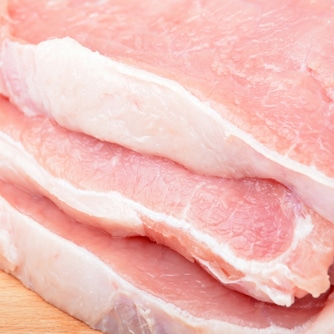Previously, a number of studies have suggested that red meat consumption associates with an increased risk of type-2 diabetes. An Pan, from the Harvard School of Public Health (Massachusetts, USA), and colleagues explored whether changes in red meat intake affect subsequent diabetes risk. The study included follow-up on 26,357 men enrolled in the Health Professionals Follow-Up study, 48,709 women enrolled in the Nurses’ Health Study, and 74,077 women enrolled in the Nurses’ Health Study II who reported their diet, including meat derived from mammals, on a food frequency questionnaire every 4 years. The researchers found that self-reported type 2 diabetes incidence was almost doubled for individuals who moved from low intake of two servings per week up to high intake of seven or more servings per week versus those who stayed at a low level over the 4 years from baseline. Further, moving from a moderate two-to-six servings per week up to high intake boosted risk 87%; whereas shifting from moderate to low intake of red meat lowered risk by 19%. Staying at a moderate intake was associated with 37% higher diabetes onset risk than staying at a low intake. Staying at a high intake was 2.10-times more risky for incident diabetes than staying at a low intake. Cutting red meat consumption to a moderate level had a benefit. The study authors conclude that: “Our results add further evidence that limiting red meat consumption over time confers benefits for [type-2 diabetes] prevention.”
More Meat May Raise Diabetes Risk
An Pan; Qi Sun; Adam M. Bernstein; JoAnn E. Manson; Walter C. Willett,; Frank B. Hu. “Changes in Red Meat Consumption and Subsequent Risk of Type 2 Diabetes MellitusThree Cohorts of US Men and Women.” JAMA Intern Med., June 17, 2013.
RELATED ARTICLES




